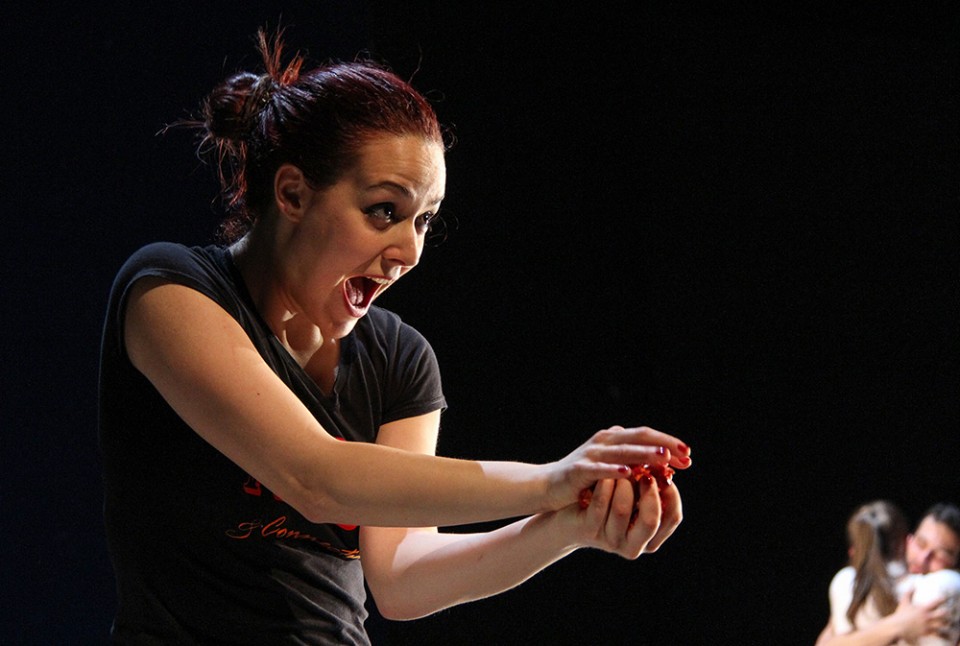Your play can begin with an idea, one special moment in life, or a written story
Over the course of our sessions you will acquire tools for developing your own work, which you will be able to use later on in other works. We will look into your ideas, analyze them, elaborate on them, design the appropriate stage language to express them, and perfect all of the above to achieve a complete theatrical work, ready for stage and audience.

Building a personally-costumed program, choosing the best theme for the work
Artistic mentoring / directing:
• Structuring the story in a dramatic-comic way.
• Texts adaptation for stage.
• Developing a specific stage language for the storyteller and the event.
• Exploring the dialogue between the storyteller, the story and the audience.
• Stage presence.
• Artistic devices in an empty space.
• Integrating props and music.
Production:
• Production planning stage-by-stage.
• Budget planning and management.
• Raising Funds.
• Marketing and distributing your show.
About Physical Theater Storytelling
The art of storytelling views the storyteller, the actor, or any other performer as an “omnipotent” protagonist. The storyteller plays all of the characters in the story. S/he creates the story’s setting, the atmosphere, the voices, sounds and the situation. S/he builds up a series of fast-changing imagery, as one picture becomes the next one.
The storyteller leads the story as s/he deems right, according to their own view, while running an authentic dialogue with the audience. S/he has the freedom to explore and manifest feelings, emotions, sensations or thoughts which come up during the story in any theatrical way s/he chooses, be it physical or verbal or both.
A physical theater piece is created as a work in process. Physical theater is a unique combination of body, motion, space and text. In this sort of theater the actor, dancer, storyteller or any other stage artist creates a total theatrical illusion through his or her virtuoso work.
For booking, contact us
